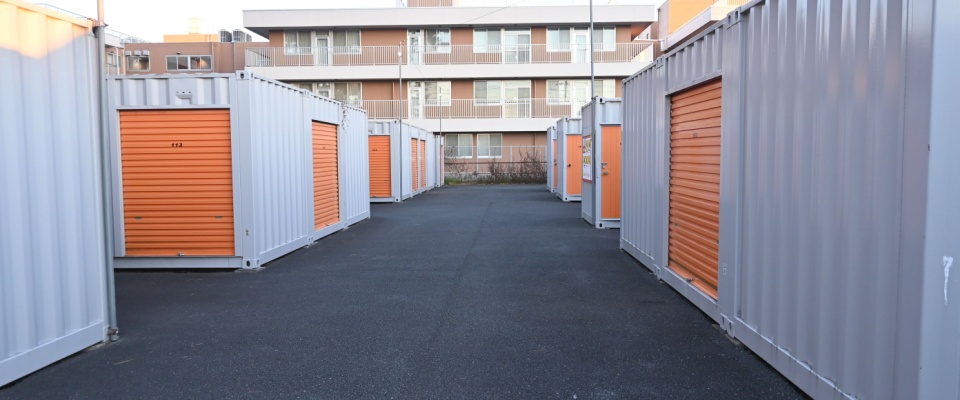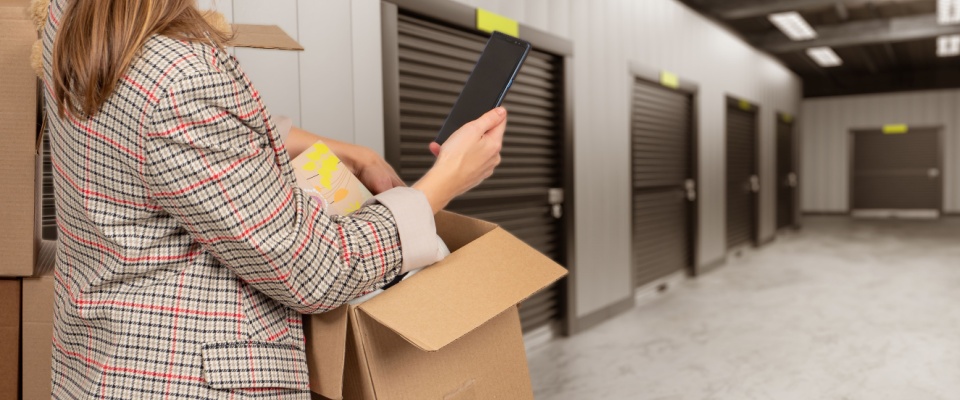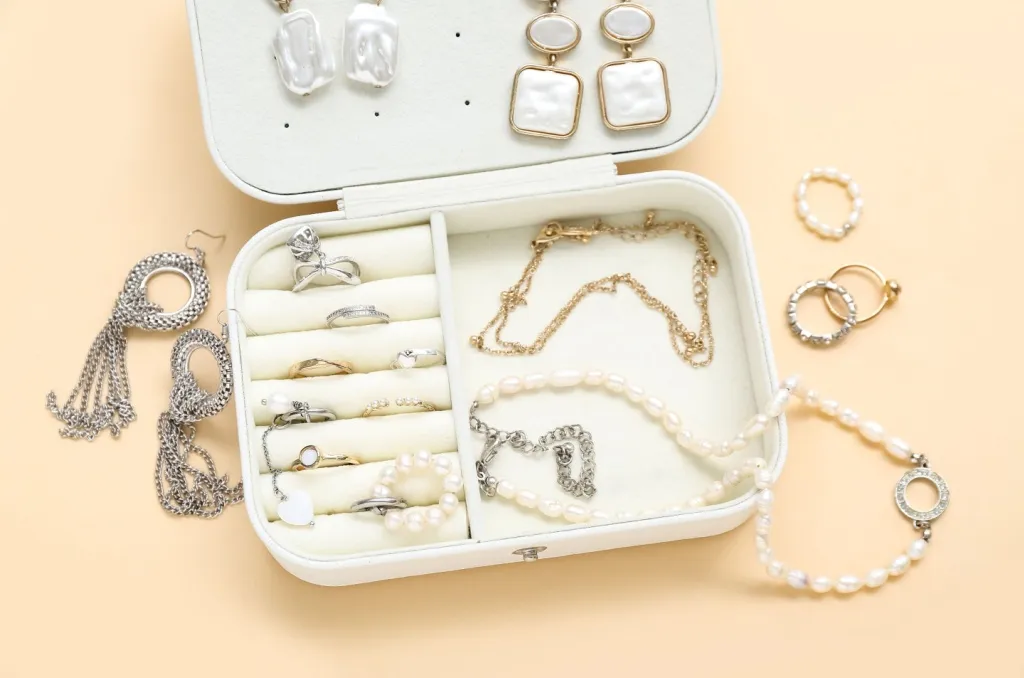Renting a storage unit is a go-to move when you're running out of space or between apartments. But if you’re stashing away items that still matter a lot to you — like your snowboard gear, an antique piece of furniture, or even a few highly valued electronics — you’re probably wondering: Does renters insurance cover storage units?
Let’s break down what you need to know about renters insurance and storage units, as well as how to keep your belongings protected even when they’re not under your roof.
Does renters insurance cover storage units?
Yes, most renters insurance policies cover items stored in a storage unit, but that coverage usually comes with some important conditions you should know about. Let’s look more into these conditions:
1. Off-premises coverage is usually limited.
Your renters insurance may cover personal property stored outside your apartment up to a limited amount. Most policies cap this off-premises coverage at around 10% of your total personal property limit.
So, if your policy covers $10,000 in total personal property, only about $1,000 would apply to items in a storage unit. That may be fine if you’re storing extra bedding, kitchenware, or clothes. Still, it may fall short if you're storing furniture, electronics, or anything valuable.
For self-storage contents coverage from ResidentShield, a standard policy would cover 10% of the liability limit or $1,000, whichever is greater.
2. Only certain types of damage are usually covered.
Generally, items in storage are covered for the same types of loss as items in your apartment. This includes damage or loss from:
- Fire or smoke (including fire from electrical hazards)
- Theft or burglary
- Vandalism
- Lightning
- Windstorms or hail (depending on your location and policy)

At the same time, it’s crucial to know what isn’t covered, too. Renters insurance often won’t cover damage from:
- Flooding
- Earthquakes (unless you have special coverage, which ResidentShield offers in California)
- Mold or mildew
- Pest infestations
- Poor storage conditions (for example, leaving electronics in an unsealed box during a humid summer)
So, even if you have renters insurance, it might not help you if your unit floods or if your belongings get damaged due to how it was packed.
3. Not all policies are the same.
Each insurance company has its own approach to off-premises coverage. Some may offer higher limits or broader coverage, while others may be stricter about what qualifies. Some might even exclude storage units altogether unless you ask for additional protection.
If you’re not sure whether your policy includes off-premises or storage unit coverage, give your insurance provider a quick call or check your policy online. It’s always better to find out before anything goes wrong.
Tips for making sure you’re fully protected
If you’re wondering, "does renters insurance cover storage units in the same way it covers my apartment?", the answer can sometimes vary. But you can make a few smart moves to ensure your belongings stay safe, no matter where they are:
1. Read your policy carefully
Don’t ignore the power of simply knowing your policy. Take a few minutes to read the fine print, or contact your provider and ask specifically about off-premises coverage and storage units.
2. Create an inventory of the items in your storage
Document everything that you’re storing. Take photos and videos, write down serial numbers, and keep receipts if possible. This makes filing a claim way easier if something goes wrong.
3. Choose a secure storage facility
When you’re choosing a storage unit, look for features like 24/7 surveillance, gated access, and climate control. A good facility reduces your chances of needing to file a claim in the first place.
4. Consider a storage unit insurance add-on
Some insurance companies offer endorsements that specifically boost your off-premises coverage limit. The small extra cost might be worth it, especially if you’ve got valuable items stored away.
When you may need additional coverage
If you’re storing high-ticket items like bikes, instruments, designer clothes, or gaming systems in the unit, your standard renters insurance policy may not be enough. That’s when you should investigate:
- Scheduled personal property coverage (or floaters): This covers specific high value items and often includes more risks.
- Storage unit insurance from the facility itself: Some facilities offer their own insurance, but it’s still advised to read the fine print, as this may include some limitations as well.

Storage units are a great way to gain extra space without letting go of the things you love. Just don’t assume your personal belongings are automatically protected the same way they are in your apartment. Always ask your insurance provider, “Does renters insurance cover storage units, and how much?”, so there are no surprises when you need to file a claim.
With a little planning, you can enjoy the extra space and peace of mind knowing your belongings are safe, even when they’re not right under your nose.




